It used to be that when you wanted to buy a new motorcycle, you did so at a nearby dealer that offered multiple brands in the same store. Those dealers are disappearing, a result of manufacturers demanding exclusivity, and Internet commerce. It’s a trend that has made it very challenging for consumers to actually see or try out new motorcycles and accessories before buying. Has it hurt the business? Or is it business as usual in the 21st century?
In the motorcycle sales boom of the 1970s, every town had a motorcycle shop. These mom and pop outfits were the place where you ordered new bikes, parts for old ones, and got repairs done. They were the only place to find motorcycle accessories, helmets and apparel, and if you were lucky, sound advice. In a world before globalization and the Internet, the local motorcycle shop was the source, often the only source, of information and products for anyone participating in moto culture.
It was a business model that suited the times, but today that model is broken. The last few years have seen small dealers close, large motorcycle retail conglomerates fail, and even the demise of some factory sponsored dealer initiatives.
The cracks in the dealer distribution model were visible a long time ago and the fundamental problems associated with it clear to most observers. A private, local motorcycle dealer is a small business whose basic survival depends on consistent sales. If a brand gets weak, they need an alternative to lean on, all the while propping up the annual bottom line with service, spare parts and accessory sales.
However, therein lies the first of many contradictions. If a salesperson is pushing a particular make and model in the store over a rival of roughly equal specification, is it because they are convinced it is the better choice for the customer or because the store wants to be rid of a slow seller? The multi-dealer is representing both brands, so which brand is getting better representation?
Often only a handful of dealers cover an entire province or state, forcing consumers to either chose from the few brands at arm’s length or travel great distances in order to get something else. With today’s smartphone shopping culture, where one can make complex financial arrangements and purchase anything with a few swipes of a finger, it seems anachronous that motorcycle shopping is still largely limited to physically trekking to a bike shop on the edge of town.
There are other ways to connect new motorcycles to buyers. BMW, Suzuki, and Honda have sold motorcycles through their car dealerships around the world. In the case of BMW, the presence of $75,000 luxury cars parked next to full dress touring rigs added prestige, while a flashy Honda CBR Repsol replica could remind a dad buying the family Odyssey that life was still exciting. Honda’s experimental Powerhouse dealer concept, in which super-sized retailers peddled everything from cars to lawn equipment, met with a tepid response from motorcycle consumers. They felt, truthfully or not, that the motorcycles were being sold by car people, a claim Honda denies.
Some manufactures have tried direct sale on the Internet, but it is an uphill struggle. People fall in love with bikes when they see them up close, see how they look in motion with another rider, and admire their intricate balance of raw mechanical function with sensual, biomimetic form. This is why Internet shopping for a new motorcycle is so difficult. Unless you have seen and sat on the bike in question, squinting at a 1,000-pixel representation of one on an 11-inch tablet isn’t going to cut it.
But there have been exceptions. Ducati sold out all 1,000 units of the limited edition MH900 in less than 24 hours online back in 2000. CSC, a US importer of rebranded Zongshen motorcycles that received a lot of positive attention last year, only sells direct from its website. The company openly claims that this has been a major force behind their sales growth and expansion into new territories, and helped keep prices low. Service and repairs are handled by drop shipping parts to any local motorcycle dealer consumers choose for warranty items, which CSC says has worked well so far.
A future scenario for motorcycle distribution that someone is likely to try is the Apple model, where you can go to a wholly-owned and operated brand store, to see and demo a bike, before going home to order it online. The motorcycle would arrive at your home or business with a representative who would spend a half hour demonstrating features and making final the transaction, before leaving you to enjoy your new vehicle. This is the distribution model so effectively adapted by Tesla, which managed to sell more than 300,000 luxury cars this way. If it can work for a $100,000+ car, surely it can be done with a $20,000 motorcycle.
The compact between manufacturer, dealer and consumer that has existed for over a century, in which the dealer acts as a middle man, was only acceptable because there was no other way to connect products to buyers. We should look at the future of motorcycle distribution with hope for something better. Online is the new bike shop. The manufacturer itself is where you will likely end up buying your next new motorcycle and where you’ll get up-to-the-minute advice and unlimited choice.
It may seem cold, and many may lament the loss of the local dealership. But it would be a historic first time that anyone has wept for the lack of a middle man.
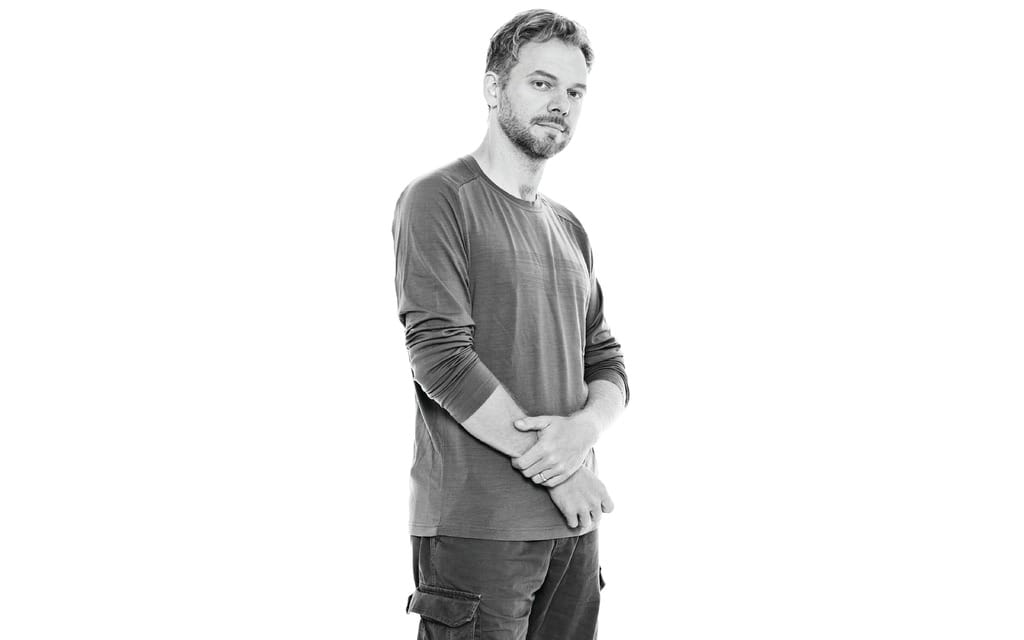
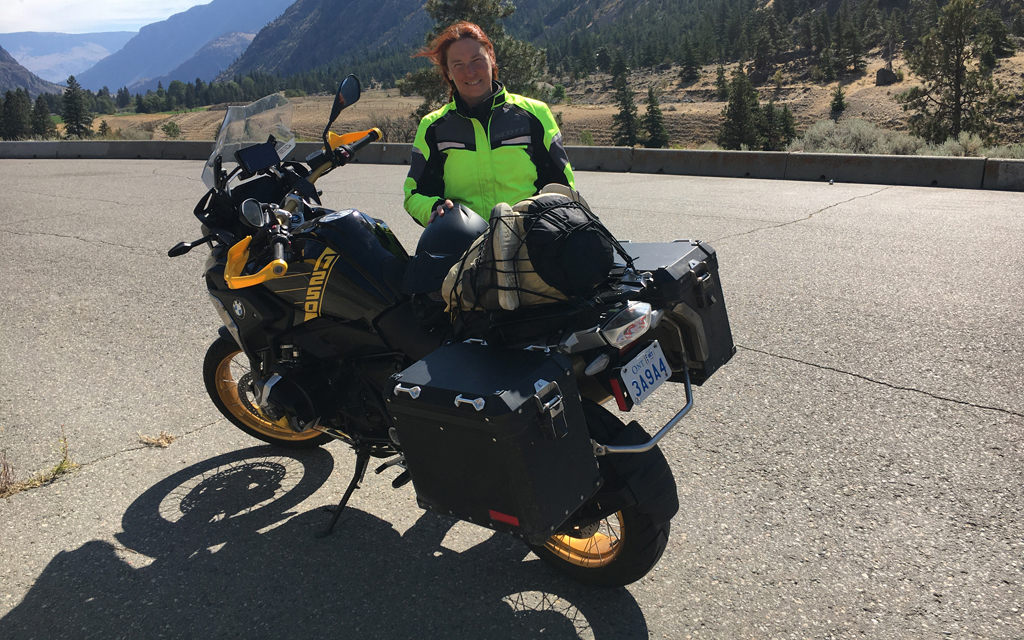
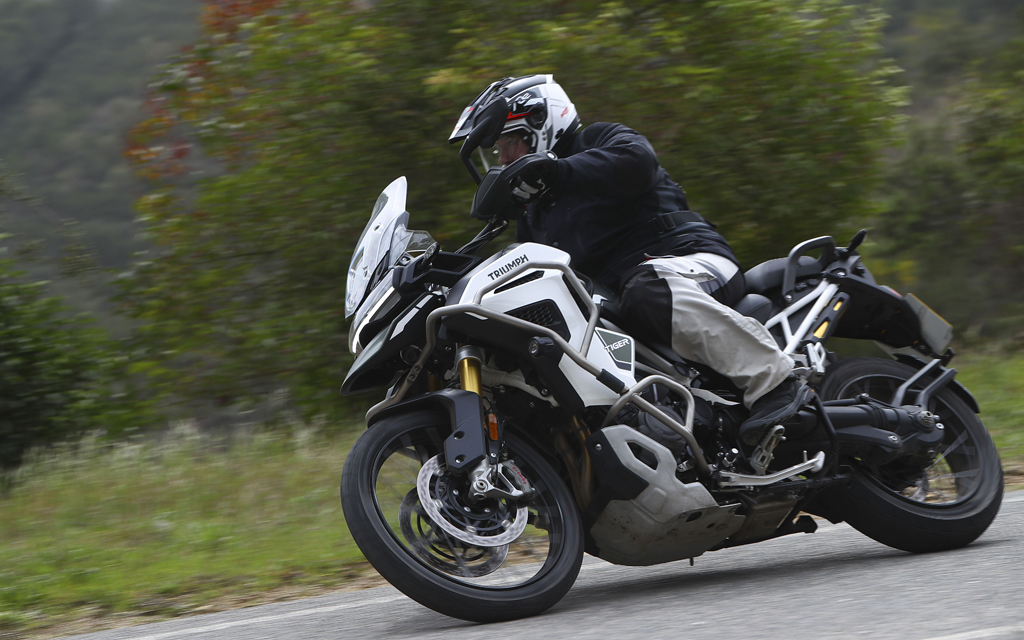
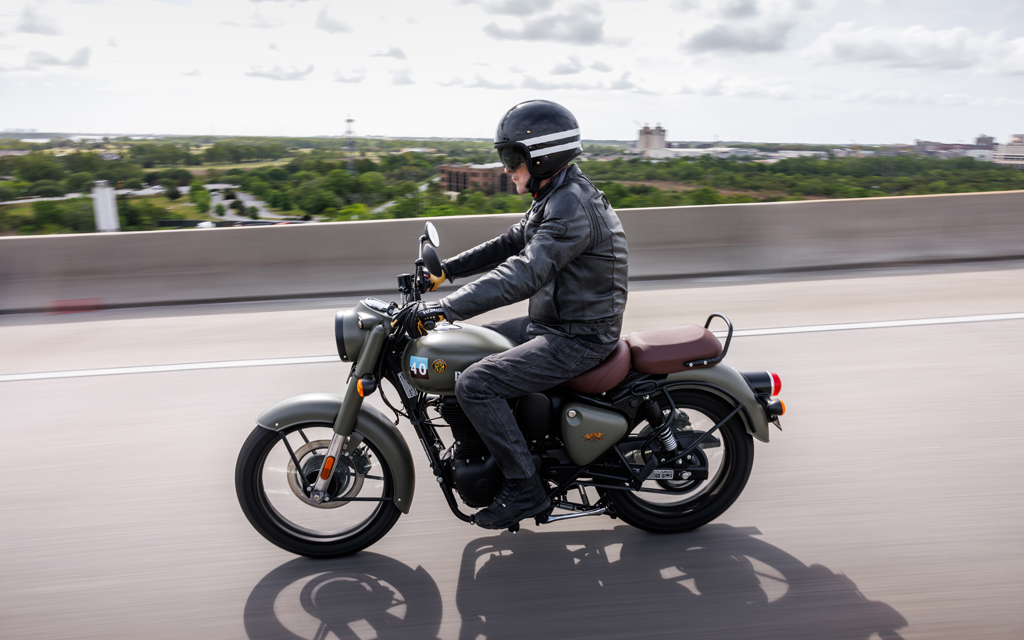
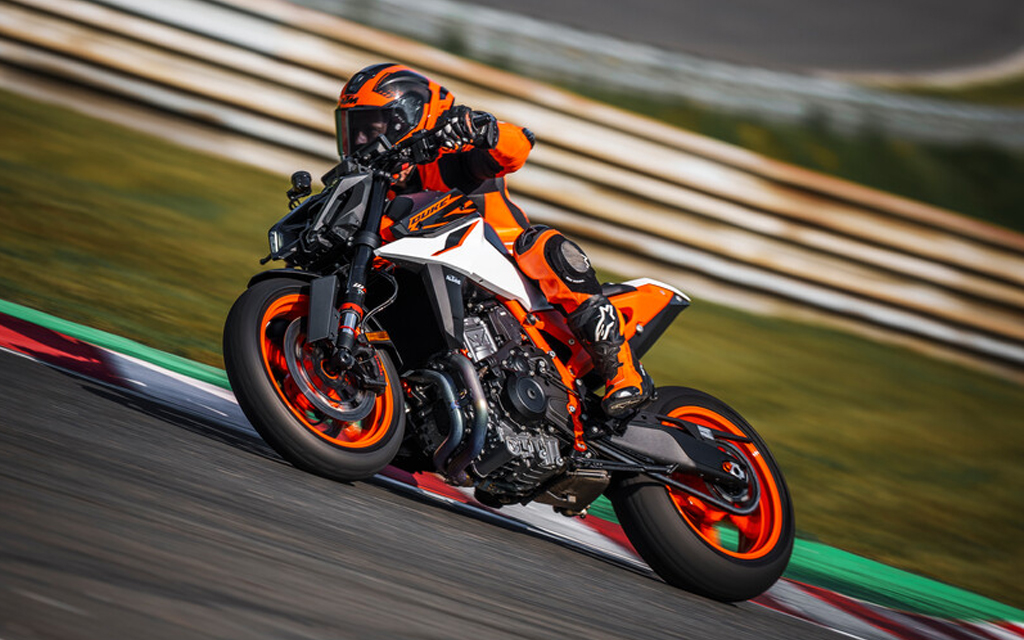

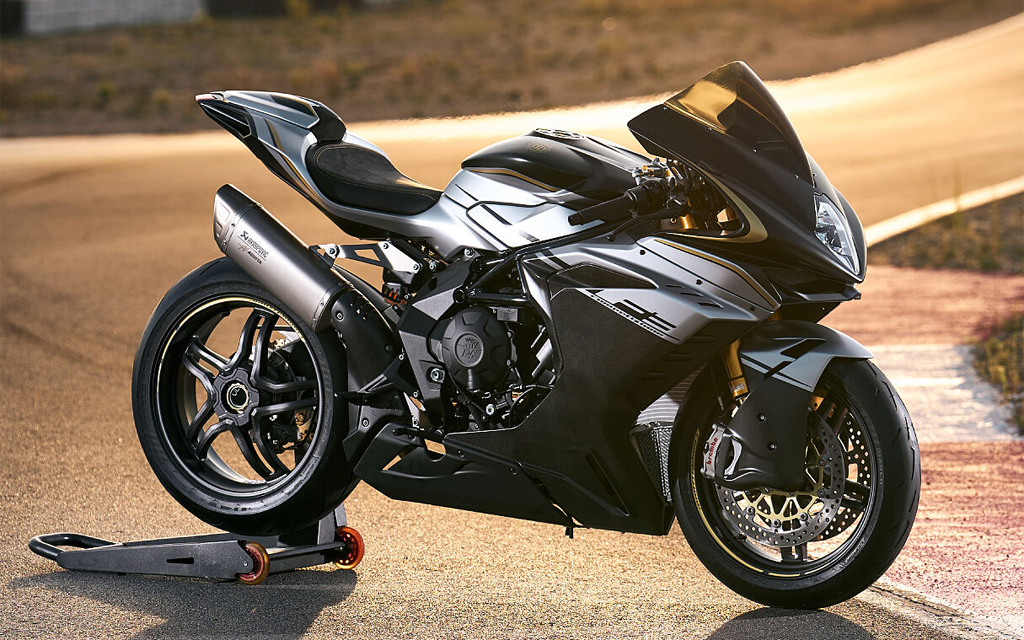
One thought on “The Insider – Nov/Dec 18”